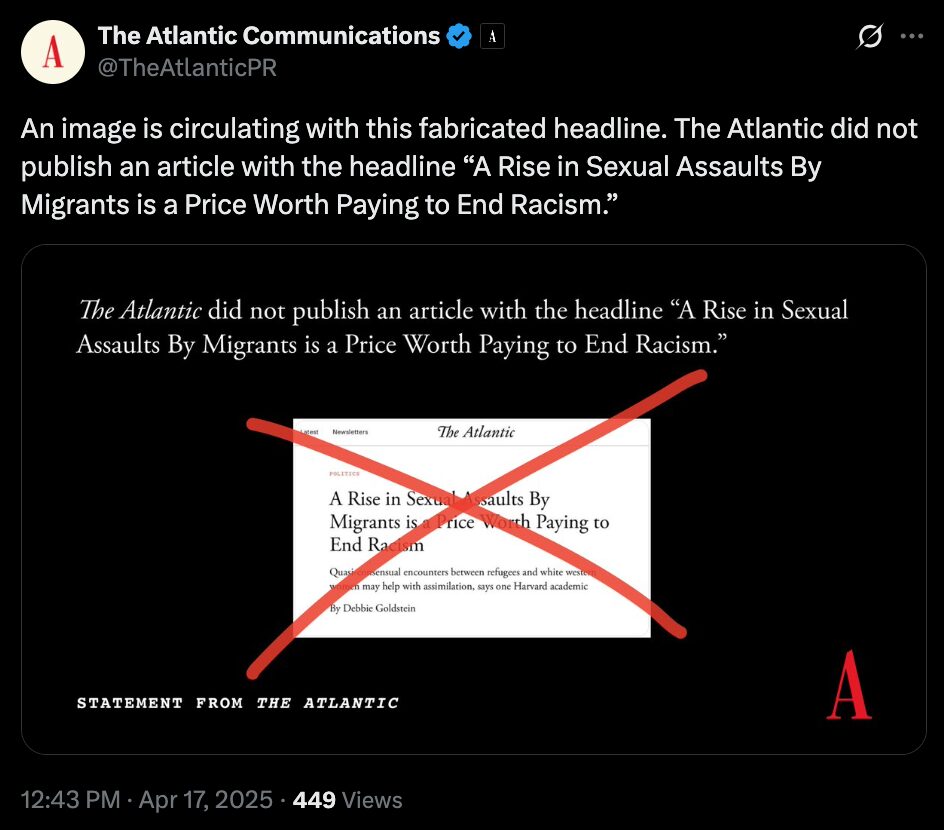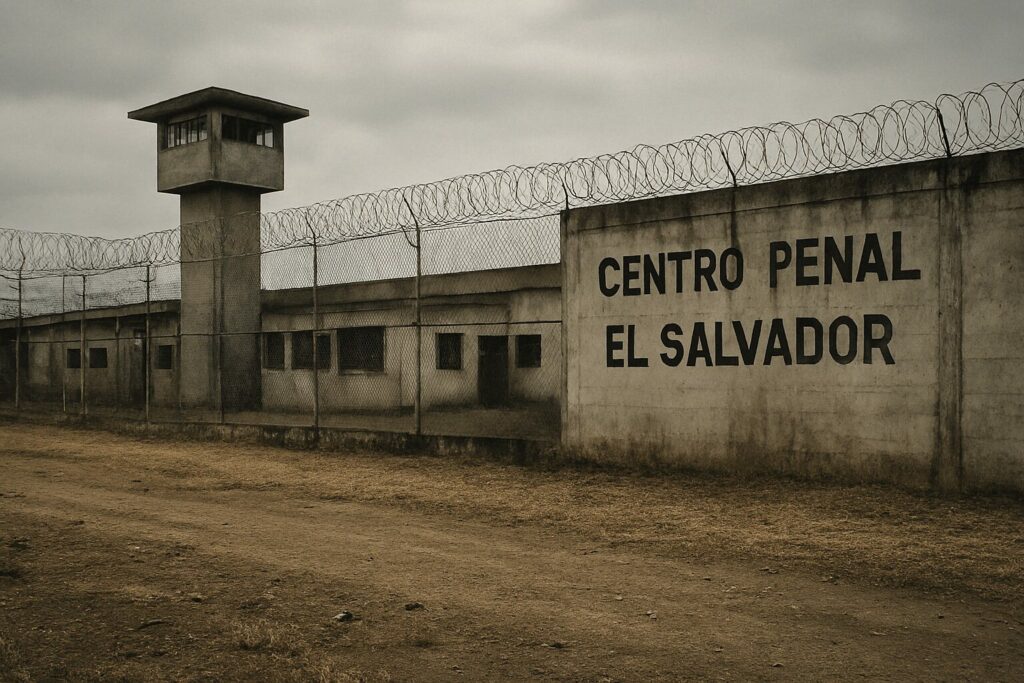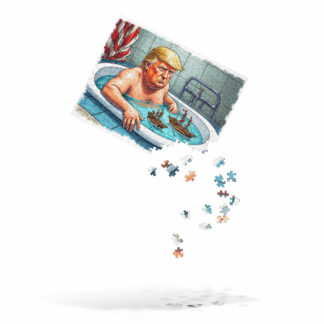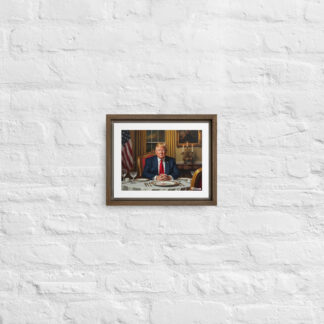Article I: Cyber Treason and the Compromise of U.S. National Security Infrastructure
Donald J. Trump, in coordination with private entities, foreign actors, and individuals closely tied to adversarial financial and political networks, has knowingly facilitated the unauthorized access, manipulation, and potential exposure of critical U.S. government digital infrastructure.
- Control Over .gov Domains
Evidence suggests that through Elon Musk and other private actors, the U.S. government’s digital infrastructure – including federal, state, and military communication systems – has been subject to unlawful access and potential compromise. The use of DOGE.gov, linked to Musk’s operations, demonstrates a deliberate infiltration and repurposing of government digital assets outside the scope of federal control. - Backdoor Digital Coup and Data Laundering
The interconnected routing of government systems through private cloud servers, foreign nodes, and opaque security loopholes has created a direct threat to U.S. intelligence, military operations, and classified communications. The identified pathways connecting DOGE.gov, the White House digital infrastructure, military IT networks, and foreign adversaries such as Russia, China, and Pakistan suggest the possibility of a covert backdoor allowing foreign intelligence services access to internal U.S. data. - Potential Economic and Military Espionage
The data exposed through this unauthorized access may include sensitive financial and defense contractor IP, which could compromise national security initiatives. Furthermore, the interweaving of private crypto-financial networks with government data streams suggests an intentional restructuring of U.S. economic infrastructure through privately controlled financial instruments. - Erosion of Federal Oversight
The ongoing efforts to dismantle the Cybersecurity and Infrastructure Security Agency (CISA), fire independent Inspectors General, and place personal loyalists into key intelligence positions have further emboldened this digital coup. By neutering oversight agencies, Trump has ensured a lack of federal intervention while allowing the digital infrastructure of the United States to be reconfigured under the control of private oligarchs. - Aid and Comfort to the Enemy (Treason)
Given that adversarial governments have been identified in the routing paths and DNS lookups of compromised federal systems, this represents a failure to uphold the national security of the United States. By knowingly permitting such access through his network of collaborators, Trump has provided aid and comfort to America’s adversaries, fulfilling the constitutional definition of treason.
Article II: Economic Treason and Financial Subversion
Building upon the deliberate cyber compromise, Donald J. Trump has been engaged in a parallel scheme to overthrow the United States’ financial system through illegitimate decentralized financial mechanisms, foreign deals, and controlled economic networks designed to supersede the authority of the U.S. Treasury and Federal Reserve.
- The Integration of Cryptographic Financial Instruments into Governance
Trump’s proposed blockchain-based U.S. Treasury replacement – an economic model in which financial operations are controlled by a closed network of loyalists – represents an attempt to privatize government finance while rendering traditional economic oversight obsolete. This model appears to have been preemptively tested through the World Liberty Financial network, Trump-branded cryptocurrency initiatives, and the deliberate sabotage of the U.S. debt structure. - Foreign Collusion in the Restructuring of the U.S. Economy
Through financial engagements with China, Middle Eastern sovereign funds, and unregulated crypto investors, Trump has effectively compromised the nation’s financial sovereignty. His personal business empire and the financial entities linked to his associates have operated in parallel with U.S. governmental monetary policy, aiming to create an alternative financial structure that replaces federal oversight with oligarchic control. - Use of the Presidency for Personal Economic Gain
Leveraging his political influence, Trump has positioned his private financial interests ahead of national economic stability, ensuring that public policy decisions benefit private crypto-financial networks over the regulated banking and credit systems of the United States. This has directly weakened U.S. market strength, emboldened foreign economic adversaries, and facilitated the rapid deterioration of public trust in the nation’s financial institutions.
Article III: Unauthorized Foreign Diplomacy and Violations of the Logan Act
As a private citizen, Trump engaged in unauthorized diplomacy, violating the Logan Act (18 U.S.C. § 953) by directing non-governmental actors to negotiate with foreign governments on matters of U.S. policy, including military affairs and international economic agreements.
- The Gaza Negotiations and Israeli Financial Ties
In January, prior to his official reentry into the White House, Donald J. Trump’s private envoy Steve Witkoff engaged in Middle Eastern diplomacy, allegedly negotiating ceasefire agreements and economic restructuring deals. Evidence suggests that these negotiations were not conducted on behalf of the U.S. government but rather on behalf of private business interests, specifically World Liberty Financial and related Trump-affiliated economic enterprises. The subsequent claim that the United States would “own” Gaza demonstrates a deliberate fusion of foreign policy with private asset acquisition, an unprecedented abuse of diplomatic engagement. - The Trump-Financed Militarization of Foreign Affairs
By positioning American soldiers as enforcers of his private business interests, Trump has fundamentally broken the contract between the civilian leadership and the military. His business engagements with sovereign foreign funds further indicate that military resources and operational planning were discussed as part of these private financial negotiations.
Donald J. Trump has engaged in a comprehensive conspiracy to compromise U.S. cybersecurity infrastructure, financial sovereignty, and diplomatic integrity. By systematically co-opting government assets, merging public and private financial interests, and using unauthorized diplomacy to advance private deals, he has committed high crimes and misdemeanors that necessitate immediate congressional intervention.
This impeachment is necessary to prevent the full-scale collapse of U.S. governmental autonomy and to ensure that no private individual, regardless of prior office held, is permitted to act as a de facto ruler of the United States through digital and financial subversion.















